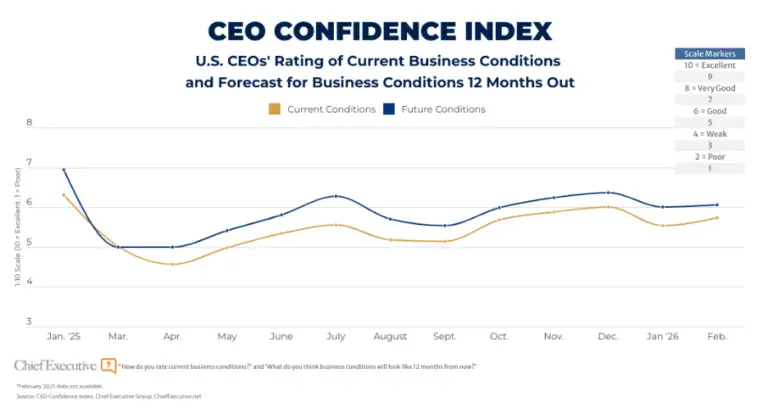A recent relaxation of marijuana rules in several states isn’t providing much of a high for business. To the contrary, it’s causing headaches.
New research indicates that illicit drug use in the workplace has reached 12-years highs. And that’s presenting managers with a potential productivity challenge in white collar industries, while raising serious occupational health and safety problems elsewhere.
It’s not just about pot either. Cocaine and meth use is also on the rise, according to testing firm Quest Diagnostics.
After analyzing more than 10 million workplace drug-testing results, Quest discovered that overall urine positivity in 2016 was 4.2%. That’s up from 4.0% in the previous year and the highest percentage since 2004, when it was 4.5%.
“Our analysis suggests that employers committed to creating a safe, drug-free work environment should be alert to the potential for drug use among their workforce.”
Barry Sample, a senior director at Quest, said: “Our analysis suggests that employers committed to creating a safe, drug-free work environment should be alert to the potential for drug use among their workforce.”
The data puts pressure on CEOs to consider their staff drug-testing regimes—and all the ethical questions about privacy that come with the territory. If you are ever placed in to a situation you need to pass a drug test to not loose your job, check these synthetic urine for drug tests.
The legality of drug testing differs between states and can depend on whether the test is being performed on job applicants or ongoing employees. At the federal level, some special occupations, such as intelligence and military workers, can be subject to mandatory drug tests.
Requesting that job applicants submit a drug test is considered broadly acceptable in most places. Employers, however, must ensure that all applicants are informed of the requirement upfront, given equal treatment and that tests aren’t conducted until after they have been offered the job.
When it comes to ongoing employees, management usually has to either prove that the occupation has such a strong link to public safety or that it has reasonable suspicion to test an individual employee. Courts in New York state, for example, have upheld random testing of police officers, while workers operating heavy machinery also could be strong candidates for monitoring.
For the most part, though, a manager usually must have a pretty strong hunch their colleague is under the influence. Have they been caught using drugs on the job? Were they recently involved in an accident? Have several reliable sources indicated they’re at risk? These are the kinds of questions mangers should be asking before subjecting staff to what will be, at least for some, a major invasion of their privacy.
Regulations aside, CEOs also must bear in mind that unemployment rates are at near-record lows, giving prospective workers more power to choose their employer. Forcing them to pee into a cup every month might provide some piece of mind, but could be enough to drive that tech-savvy millennial to a less snoopy competitor.







